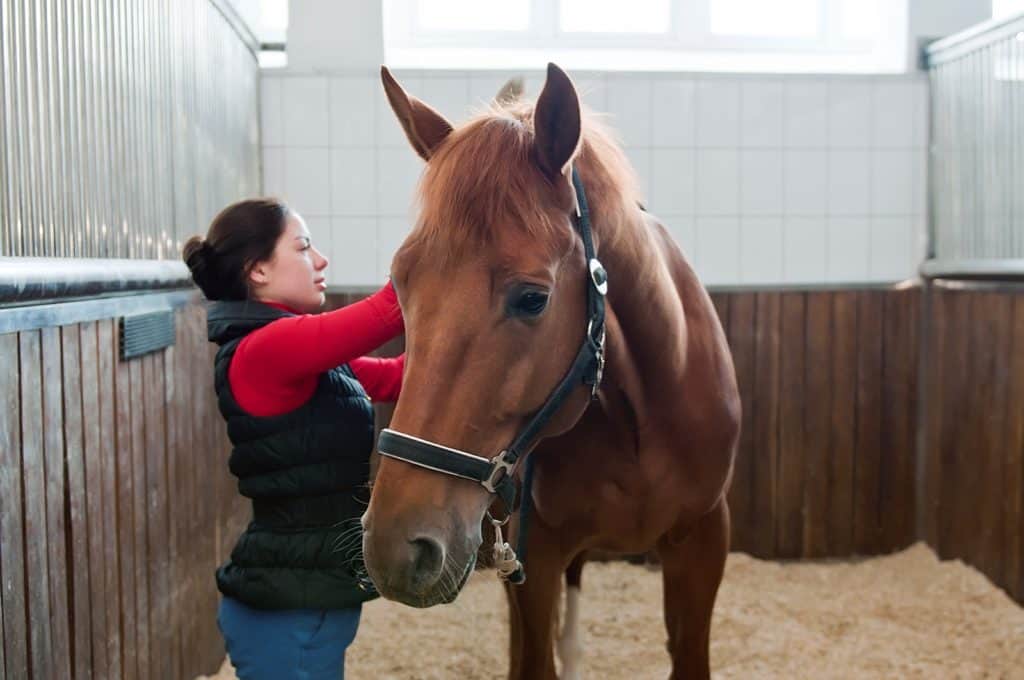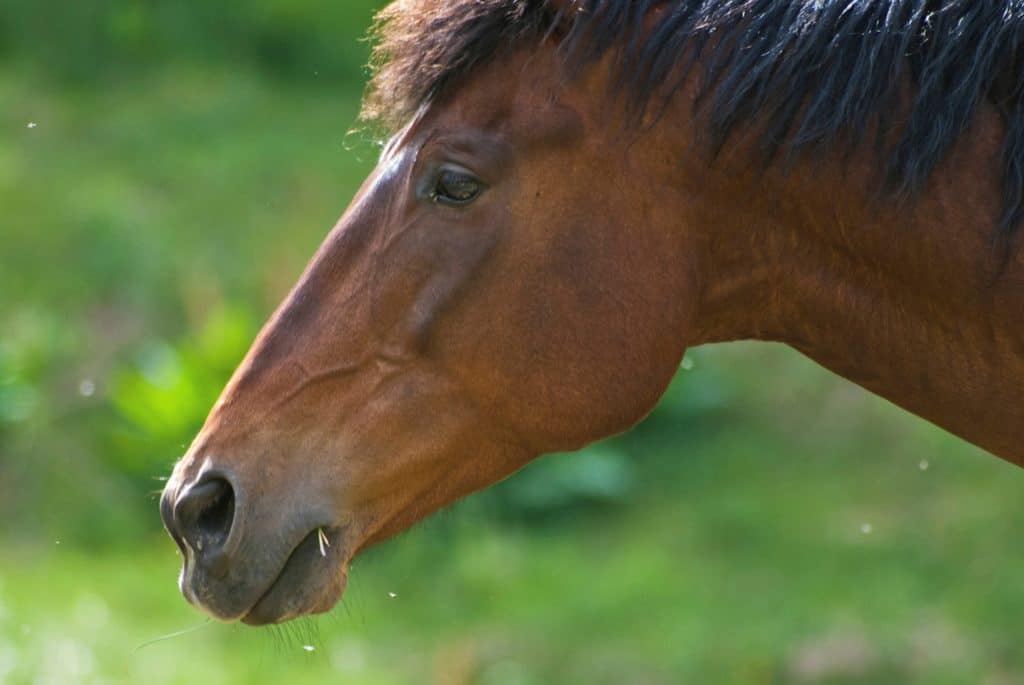
Narrow Escape: Caring for Equine Barn Fire Survivors
Just because a horse survives a barn fire doesn’t mean he’s out of harm’s way.

Just because a horse survives a barn fire doesn’t mean he’s out of harm’s way.

Physiologic and anatomic systems coordinate to allow a horse to reach his maximum athletic potential.

Coronavirus is associated with disease outbreaks in adult horses in Japan and the United States. Learn more.

Surgeons have honed a new approach to correct airway collapse in horses.

Is your horse struggling to breathe? Equine asthma might be the cause.

Findings from a recent study show that 70% of injuries recorded over a 14-year period were minor and not career-ending.

We know that ammonia is harmful to horses. But did you know it’s also a health hazard for humans?

Based on study results, researchers believe short trips likely have limited implications for healthy horses.

Studying diseases across species can benefit horses as well as people.

David Poole, PhD, DSc, of Kansas State University, presents information about horses’ oxygen transport pathway.

Can Streptococcus equi zooepidemicus be transferred from horses to people?

Of the 299 respondents, 196 (66%) said they use a sprinkler or water to help control arena dust.

Diseases and abnormalities of the upper airway are some of the main reasons for poor performance in sport horses.

One researcher believes additional studies are needed to improve IAD diagnosis, treatment, and prevention.

Does your horse have asthma? UPenn’s Dr. Rose Nolen-Walston shares management tips for offering your horse relief.

Inflammatory airway disease and recurrent airway obstruction fall under the “equine asthma syndrome” umbrella.
Stay on top of the most recent Horse Health news with
"*" indicates required fields